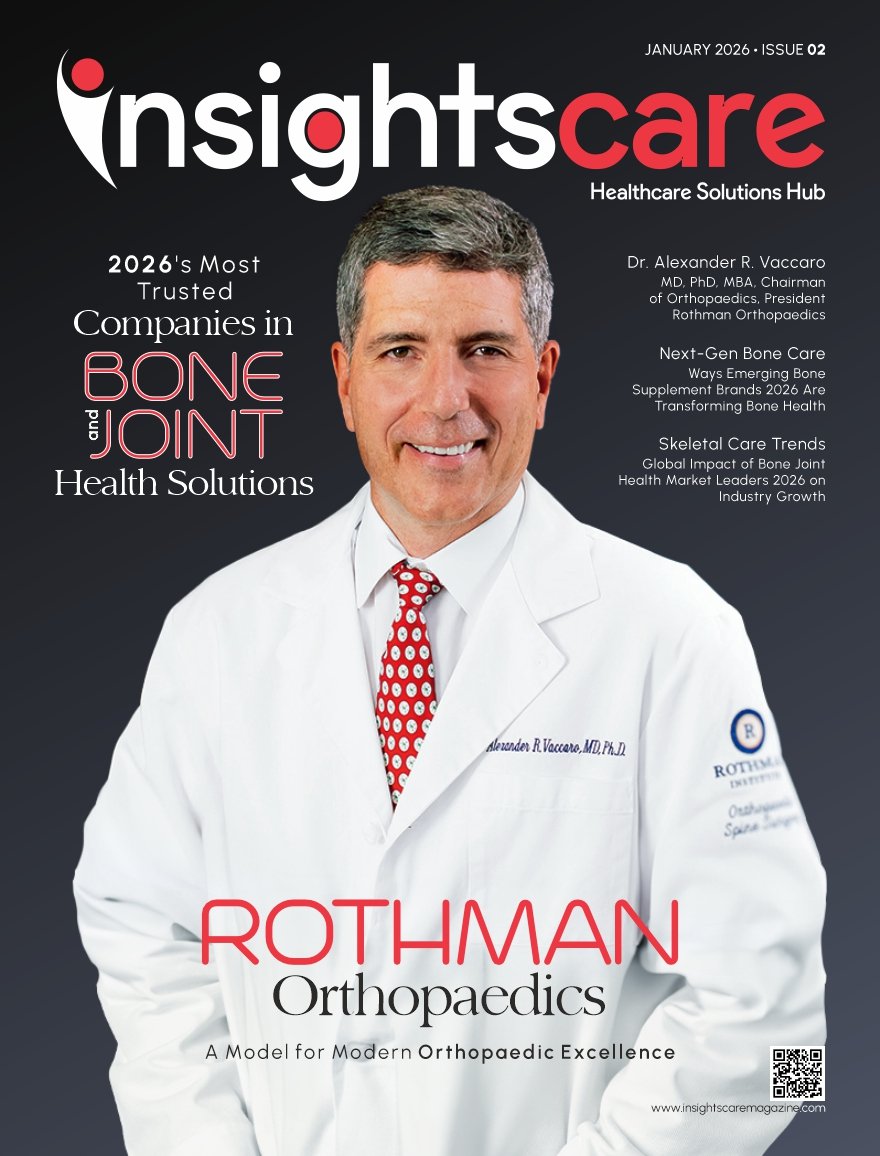Prime Highlights
- Respiratory viruses such as COVID-19, influenza, and RSV are now scientifically associated with an immediate spike in heart attacks and strokes.
- Not only does vaccination avert infection but also suppresses cardiovascular risks posed by these viruses by a considerable margin.
Key Facts
- Scientists did a worldwide meta-analysis of 48 studies to explore the connection between respiratory viruses and cardiovascular events.
- Infection like influenza, COVID-19, and RSV was also reported to be transitory causes of heart attacks and strokes.
Key Background
The University of Melbourne and Murdoch Children’s Research Institute have just employed a meta-analysis to establish that common respiratory viruses with established associations with short-term cardiovascular events like heart attack and stroke. In a review of 48 studies from globally, the research established that COVID-19, influenza, and RSV infections are able to elevate the risk for acute cardiovascular events within a short time after infection.
This association is thought to be due to the body’s inflammatory response to viral infection. Swelling can increase the likelihood of susceptibility to blood clotting, which then becomes an obstruction of blood flow to the brain or heart. This happens mainly among older adults and those with cardiovascular disease risk factors, which predispose them to severe sequelae following respiratory infections.
The researchers emphasized that influenza’s association with heart attack risk has been known for a long time, but that the correlation has been shown for the very first time in other respiratory viruses such as COVID-19 and RSV too. Notably, the study eliminates the excuse against adopting preventive measures beyond infection control.
One of the most vital lessons acquired is vaccination significance. Influenza, COVID-19, and RSV vaccines not only minimize the chance of infection but also of cardiovascular complications resulting from the virus. Experts on the study cited this as a strong basis for propagating public awareness and adoption of seasonal vaccination campaigns, especially among those with high-risk factors.
In addition to evaluating and coordinating public health hazards, the research group is collaborating with a presently present real-time viral surveillance system to track patterns of respiratory disease in Australia. The program will inform future health policy and vaccine policy that safeguards against both respiratory and heart health.










